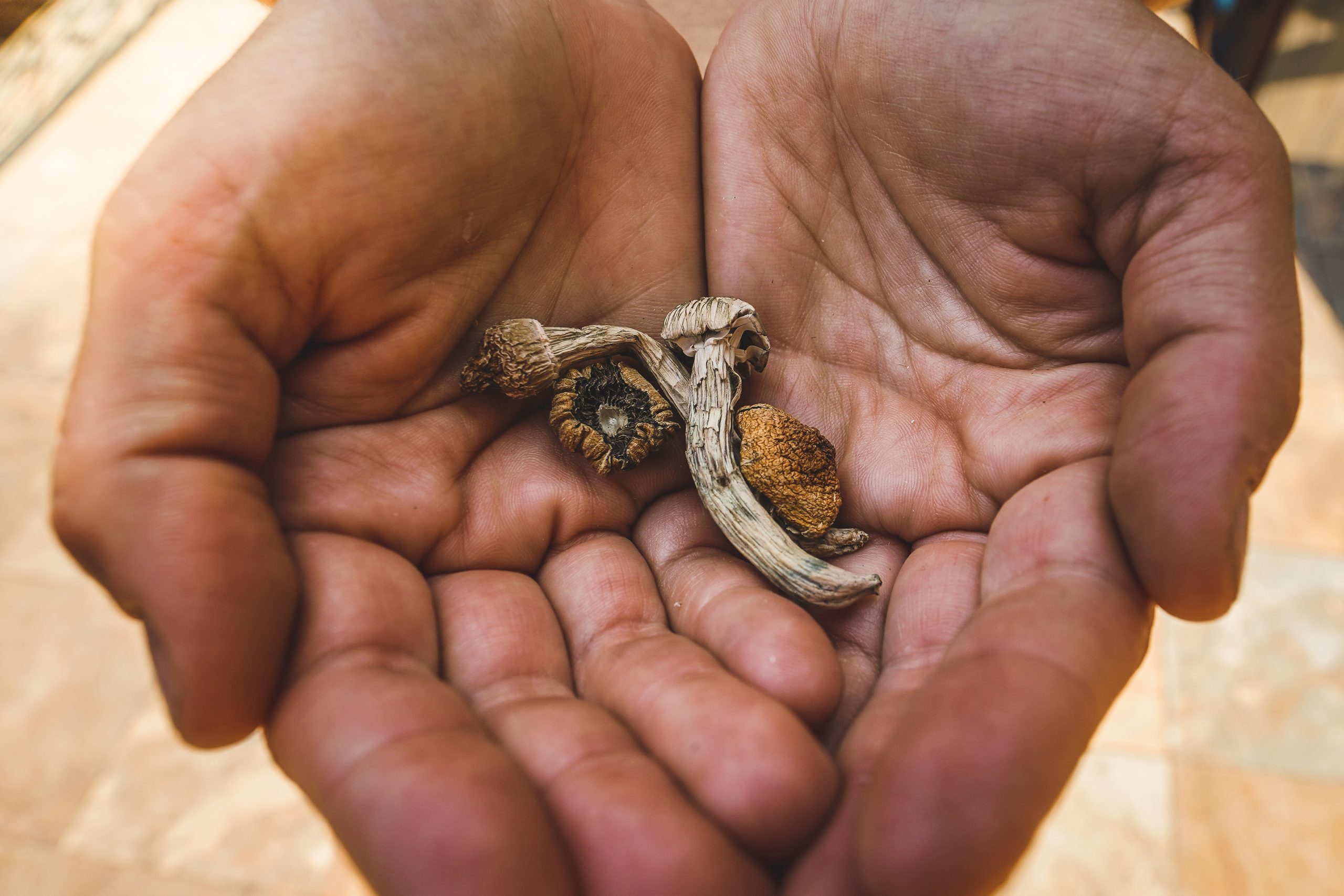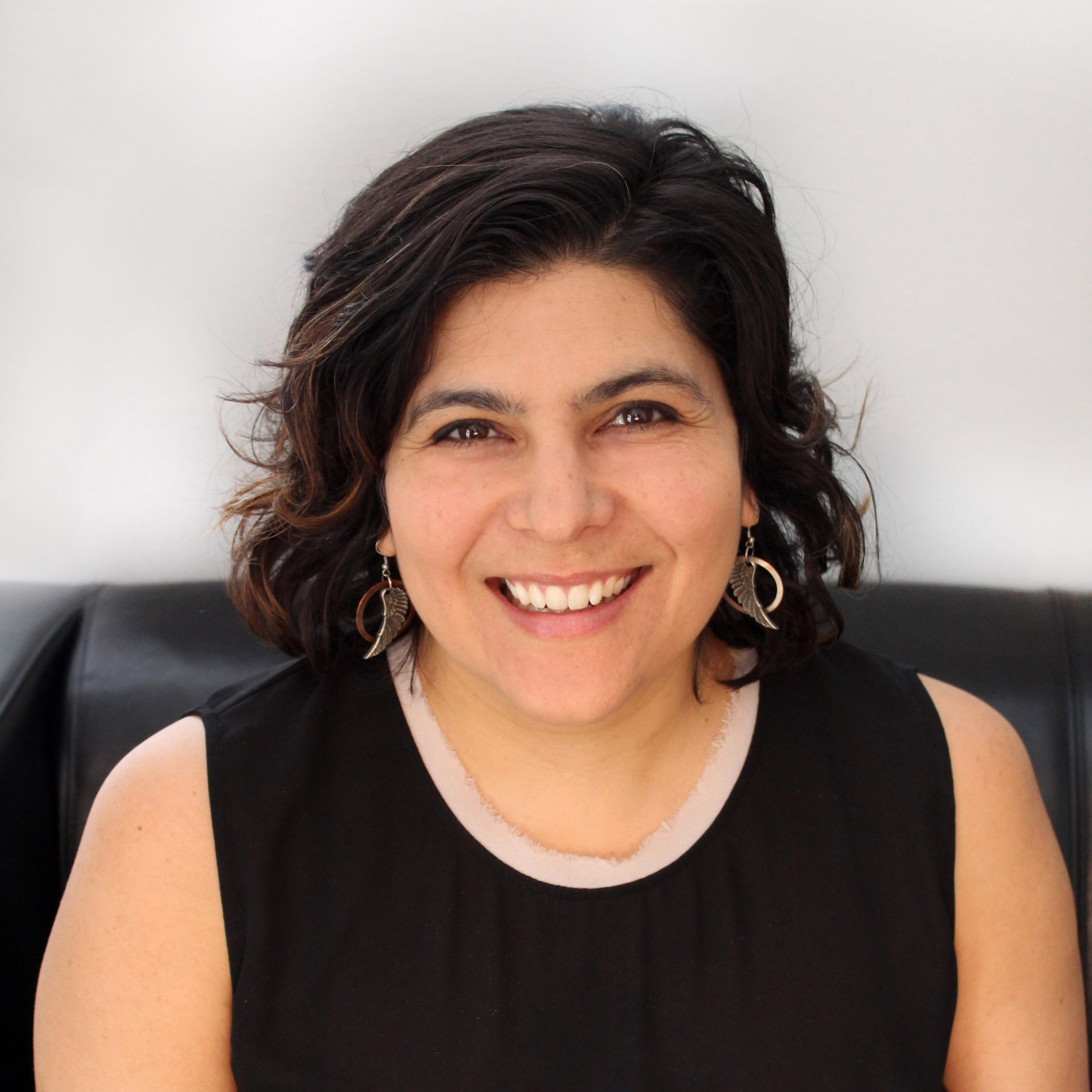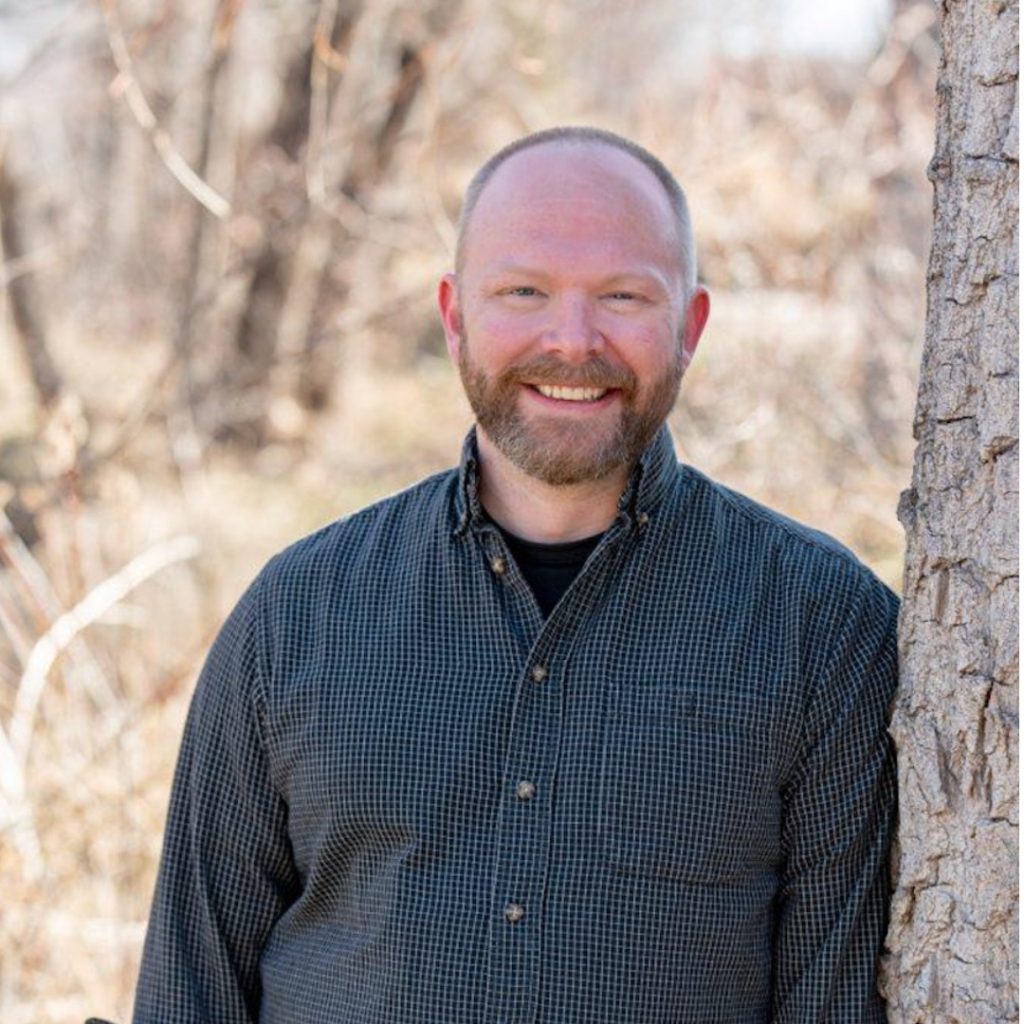
As the state works on finalizing its rules for psilocybin facilitator training, three educators weigh in on questions to ask and red flags to look out for in a potential trip sitter.
Are they qualified?

Diana Quinn, director of clinical education at Naropa University’s Psychedelic Studies Center: Some questions I would recommend asking are: How many years of practice do they have? What’s their lineage? What are the facilitator’s attitudes and approaches toward their own self care, doing their own work?
I would want to know that in the first conversation with that person, that they’re very comfortable talking about privilege and the power differential between client and facilitator, and about consent.

Daniel McQueen, executive director and founder of Center for Medicinal Mindfulness and Psychedelic Sitters School: Are their training, education and experiences verifiable? Do they do any sort of screening or do they work with anybody? If [clients are] on SSRIs or if somebody has significant clinical concerns, like PTSD or even suicidality, does the guide actually have the training to work with that? Because there’s different types. There’s spiritual guides that are more ceremonialists and group journeys [with] no preparation, integration and support. And there’s more clinical guides, and then there’s guides like us that kind of hold both. What kind of model do you want to work under? Where is the session going to be held, and do you feel safe there?
What is their relationship to dosing practices? Do they give everybody mega doses, or is there some nuance there? We have it dialed down to the milligram of psilocybin and get our medicine tested for potency and cleanliness. But that’s not the requirement. There are Indigenous practitioners who have relationships with their medicine, good ways that are just different than how we work.

Ana Medina, cofounder of the New Paradigm Mystery School and board member at Mycoalition: The most important thing is that the medicine really be honored with the root of where it came from. The most recommended option is that you find someone who holds an altar with the lineage and who will help you with connecting with your own lineage and is not working with extractive medicine.
If you’re going to find a western practitioner, do they have a deep relationship with the medicine and are they trauma informed? I would love to encourage people, if they don’t have a relationship with the Mazatec [an Indigenous people of Mexico who have a long history with psilocybin], to find out about where this medicine comes from and think about giving back.
Do they have supports?
Quinn: Where did the person do their training? Who was their mentor or mentors? Are there testimonials or other feedback from clients that they’ve worked with? What kinds of peer support are they continually receiving?
One of the red flags about facilitators doing this work is practicing in isolation, where there is really not any feedback. That’s a point of vulnerability for both the client and facilitator.
Medina: If people don’t have elders that are guiding them, that’s a red flag.
McQueen: Do they come well-recommended? Do they have any sort of accountability and oversight? Even underground practitioners and ethical and private practitioners have some sort of peer group they’re a part of. Do they have an assistant or somebody else in the home or area for additional support?
Beware the gurus
Quinn: Any facilitator who presents themselves as being a healer or a guru, or someone who’s going to provide something to or for a client, that kind of attitude generally indicates that they’re perceiving some grandiosity in their role that is actually not there. The healing work is done with and by the client, aided by the medicine and held in a safe container by the facilitator. Narcissism and grandiosity and ego inflation is actually quite common in the psychedelic space.
Medina: If you see that there’s a lot of ego involved, that’s a big red flag. If people have decided they can start holding space because they’ve gone on a lot of journeys themselves.
Stay safe
Medina: A lot of people are going to their friend who has been journeying with mushrooms for a couple of years and saying, ‘Hey, hold space for me.’ That can go fine, and that can go horribly bad.
If you’re going to connect with the medicine on your own, do it with prayer. Whether you do it with your friends or you do it out in nature, always with prayer.
McQueen: Everybody has the right to stay safe. If you’re not 100% sure you’re safe, don’t do it. That’s what we specialize in — helping people feel really safe in the most important experience they might have in their lives besides, like, babies and marriage and death.
Read more about Colorado’s forthcoming psilocybin facilitator rules and how local programs are preparing here.
